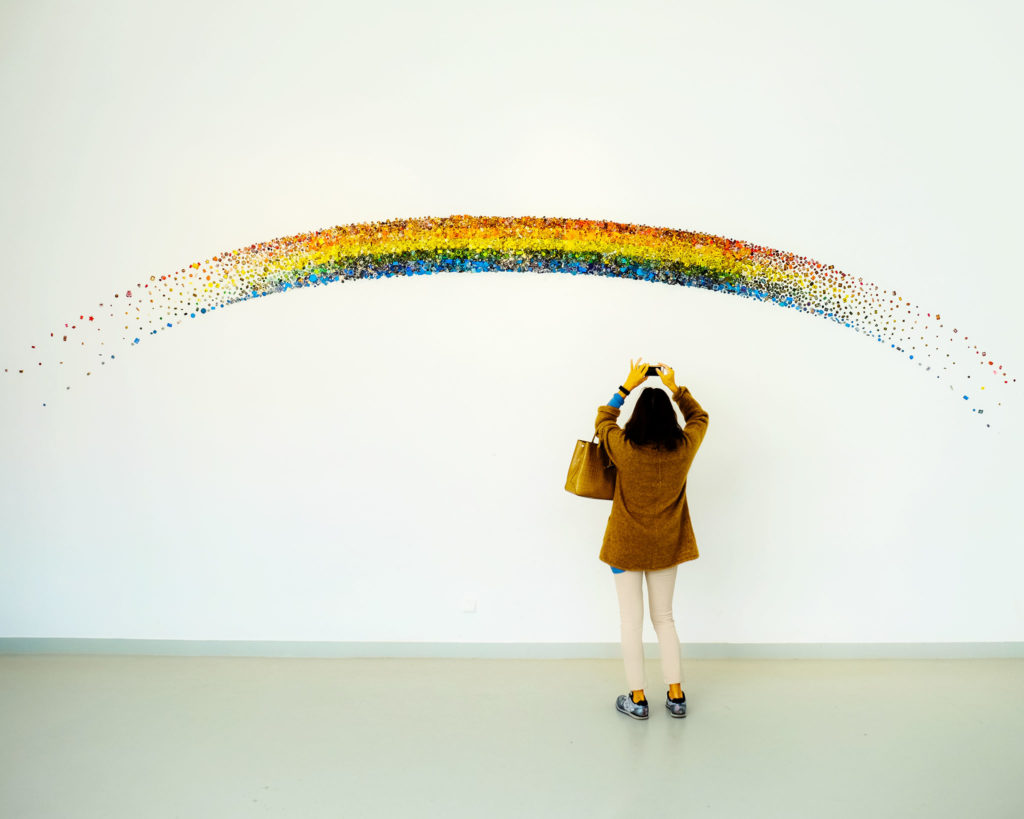
In the M/M romance genre as elsewhere in life, it’s presumed that the majority (both readers and writers) are cisgender heterosexual individuals. However, my personal experience suggests otherwise: Beyond gay cis men, a host of queer (largely bisexual, pansexual, or demisexual) individuals populate this space, many of them non-binary or elsewhere on the trans spectrum. When we discuss who has the “right” to write M/M, we often hear it said that most of the readers and writers are cis and het, and this is used as a cudgel to beat down and disenfranchise people assigned female. While there are certainly instances of bad actors (popular M/M authors or bloggers who have demonstrated themselves to be poor allies at best), grouping everyone together is reductive and diminishes the amazing diversity of our community.
A little about myself: I’m a queer (generally understood as bisexual/demisexual) trans man (he/him pronouns, male clothing, can’t afford medical transition, used to be on hormones, now I’m not due to a change in insurance guidelines–out to everyone, though strangers generally assume I’m a butch lesbian). I say this to educate, not because I owe anyone this information. I have no qualms about belonging in this space; I’m a man to everyone but the transphobic and dating another trans man (which means that even to the transphobic I’m a big homosexual). Maybe that gives me perspective and courage to speak to this situation, and I feel prompted to do so because the consistent assumptions flung around this community anger and wound a lot of people who have found belonging here and nowhere else.
When we see bad actors–those who do not belong to the community as true allies, who perpetuate negative stereotypes and fetishistic tropes–they should be called out as individuals, even if (and perhaps especially if) they’re popular. This is a daunting endeavor, certainly much harder than simply asserting that all these cis het women need to quit writing/consuming M/M romance, but if we all pull together and support those voices speaking up, we may effect actual positive change instead of just perpetuating misogyny. What, you didn’t really think you could achieve legitimate outcomes simply by silencing women, did you?




